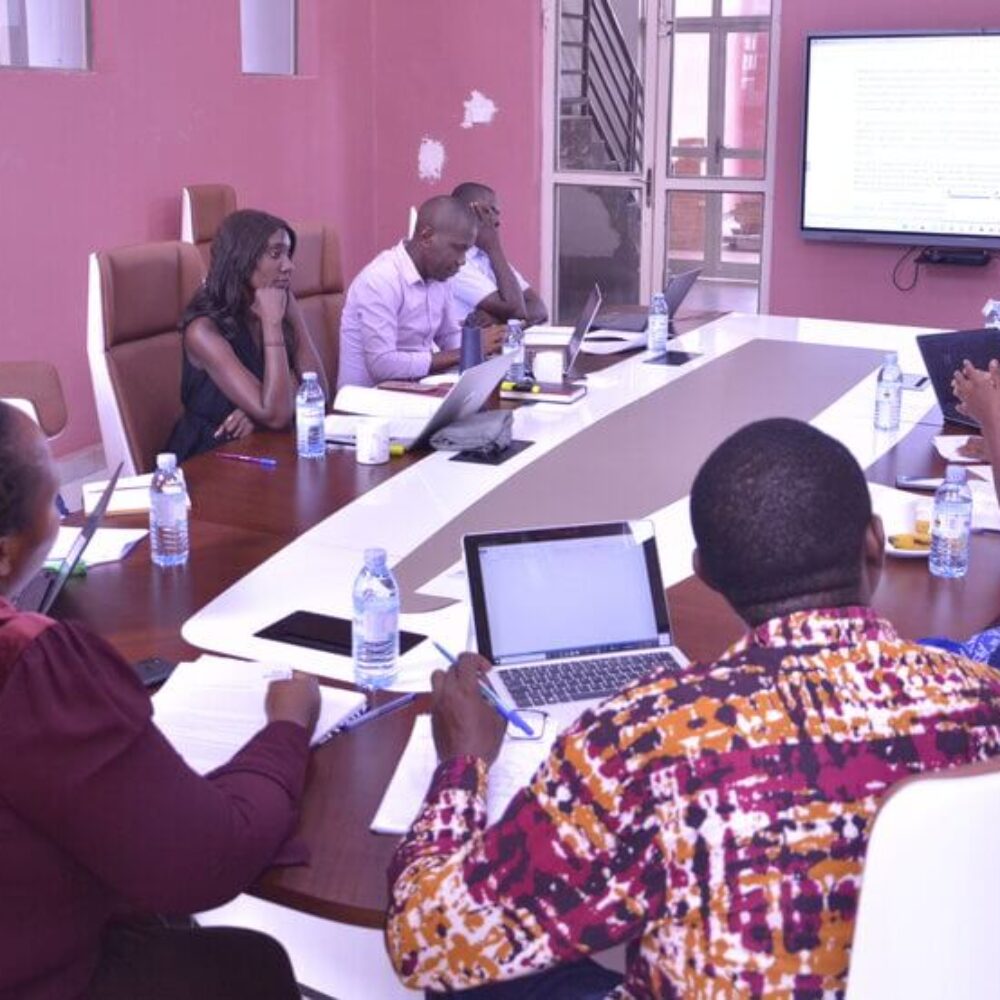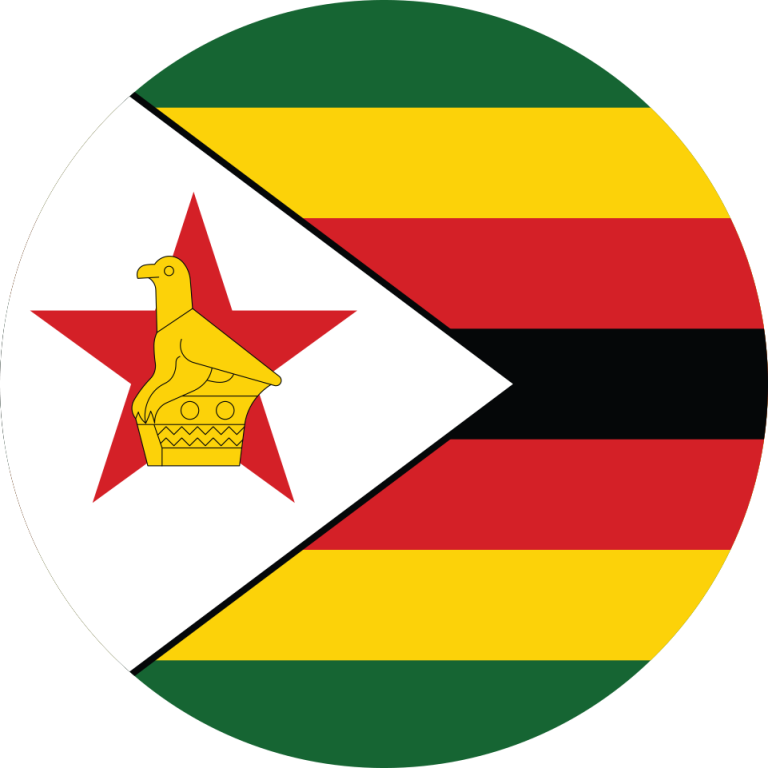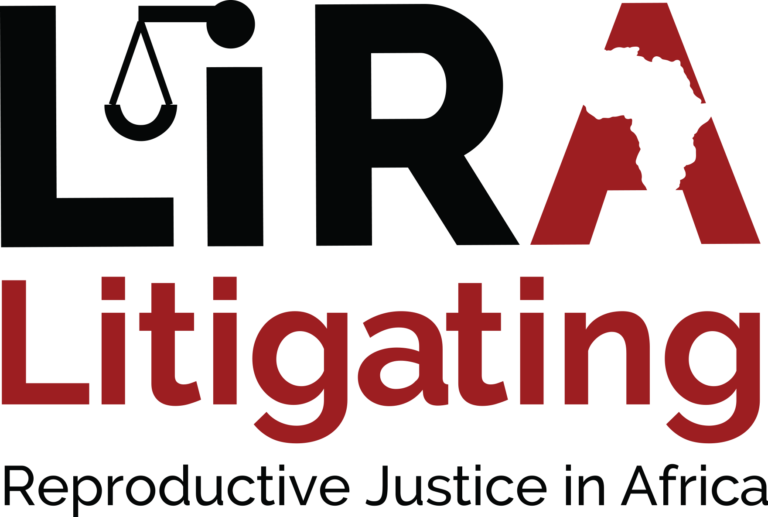Zimbabwe
Acts
Cases
Policies
1. Sexual and Reproductive Health Rights
The Constitution of Zimbabwe Amendment (No. 20) Act, 2013 outlines gender equality among its founding values and principles. It also provides for the right to life, human dignity, privacy, administrative justice, and healthcare including access to reproductive healthcare services.
The Constitution states that an Act of Parliament must protect the lives of unborn children and that the Act must provide that pregnancy may be terminated only per that law. The Act of parliament that provides for this is the Termination of Pregnancy Act.
The Family Planning Council Act is an act to establish the Family Planning Council whose duty is to provide for reproductive health and family planning services, promote the provision of safe reproductive health practices, procure and distribute reproductive health commodities and provide leadership in reproductive health programs. It also ensures that all reproductive health care service providers in both the public and private sectors adhere to prescribed standards, guidelines, and procedures.
2. Restrictions to Sexual and Reproductive Health Rights
The Termination of Pregnancy Act provides for the circumstances in which a pregnancy may be terminated and the conditions which must be met for one to terminate a pregnancy. The Act allows for termination of pregnancy where it is evident that the pregnancy poses a danger to the mother’s life or her physical health. It also allows for the termination of a pregnancy when there is a serious risk that the child to be born would suffer a physical or mental defect, resulting in the child being permanently and seriously handicapped. It further allows for the termination of pregnancies resulting from unlawful intercourse like rape, defilement, or incest.
Anyone who does not terminate a pregnancy under the Termination of Pregnancy Act (by satisfying the conditions set out in the act) shall be guilty of an offense and will be liable to pay a fine not exceeding level ten OR to imprisonment to a term not exceeding five years OR to both the fine and imprisonment.
The Criminal Law (Codification and Reform) Act defines unlawful termination of pregnancy and states that any person guilty of unlawful termination of pregnancy shall be liable to a fine not exceeding level ten or imprisonment to a term not exceeding five years OR both to a fine and imprisonment. It, however, provides that it shall be a defense if one can prove that the termination of the pregnancy occurred in the course of a caesarian section while delivering the baby, or under the Termination of Pregnancy Act. The case of The State v Joseph Ncube – Criminal case no HC 1086 of 2003, CRB K55 of 2022) [2003] re-affirms the fact that the Termination of Pregnancy Act abolished the offense of common law abortion and outlines the circumstances in which a pregnancy can be legally terminated. The conditions outlined in the Termination of Pregnancy Act are restrictive to a woman who is allowed to legally terminate a pregnancy. The case of Mapingure v Minister of Home Affairs and 2 others – Civil Appeal No SC 406 of 2012 [2014] ZWSC 22 is one case that highlighted how problematic these conditions can be.
3. Policies
The Zimbabwe Ministry of Health and Child Welfare and the Family Planning Council have set in place different policies and guidelines to implement Sexual and Reproductive Health Services in Zimbabwe. The Family Planning Guidelines for Zimbabwe (2018) aims to achieve rights-based quality integrated family planning services to reduce vulnerability in abortion-related risks and to reduce unsafe abortions, it provides guidelines for family planning methods after an abortion and for post-abortion care including counselling. The National Guidelines for Post-abortion Care in Zimbabwe and the National Guidelines for Comprehensive Abortion Care in Zimbabwe provide guidelines and set out to minimize and prevent fatal complications of abortions and ensure that there are affordable, acceptable, sustainable, and safe high-quality sexual and reproductive health services. The essential medicines list and standard treatment guidelines for Zimbabwe provide for medicines to be administered to pregnant women, those seeking sexual health and reproductive health services, family planning services, and seeking to terminate pregnancies in line with the law. One other important policy to supplement the policies in place is the Zimbabwe National Maternal and Neonatal Health Road Map (2007 – 2015) which provides guidelines for care to pregnant mothers, before, during, and after pregnancy to manage complications and ensure problem-free reproductive lives to mothers. It also provides for guidelines to ensure that there are youth-friendly sexual health and reproductive facilities.








